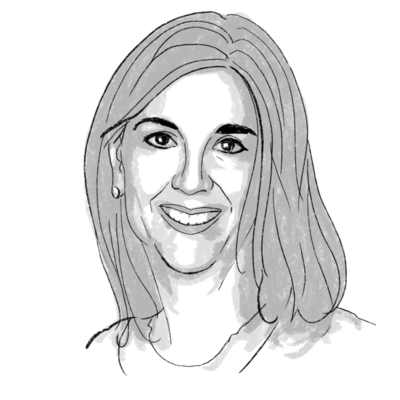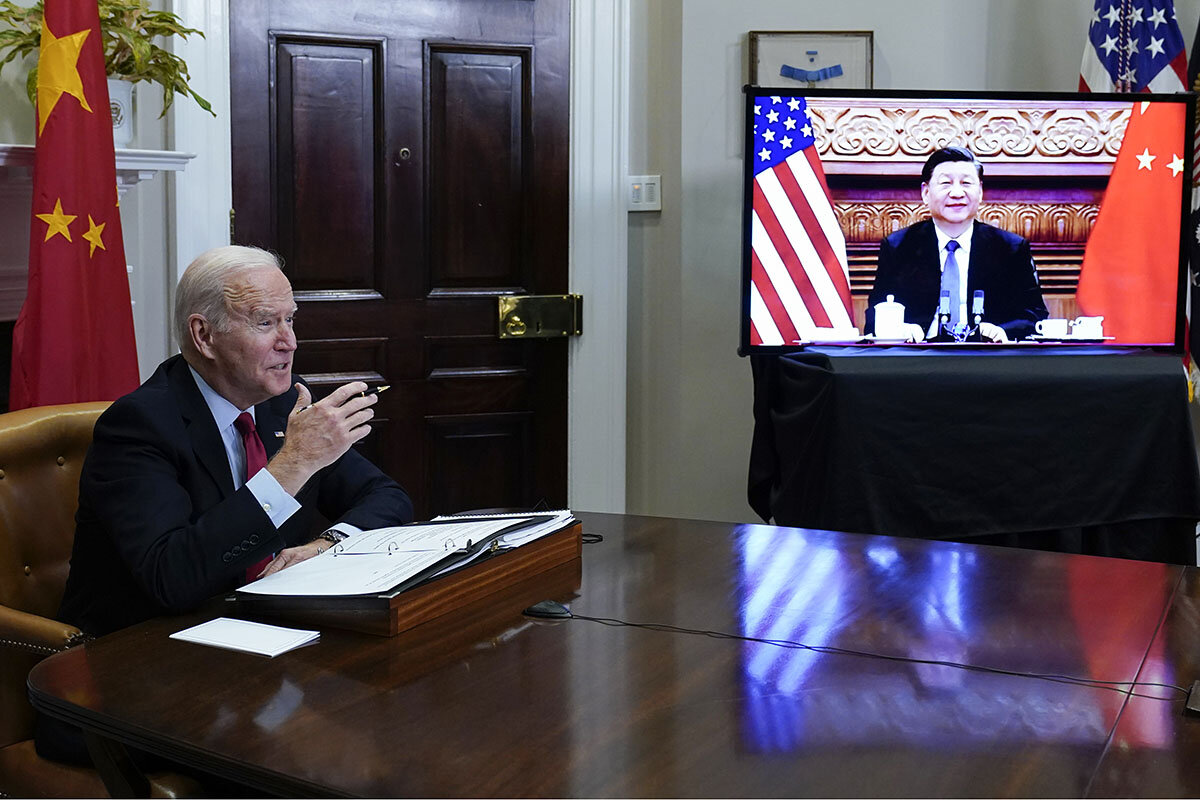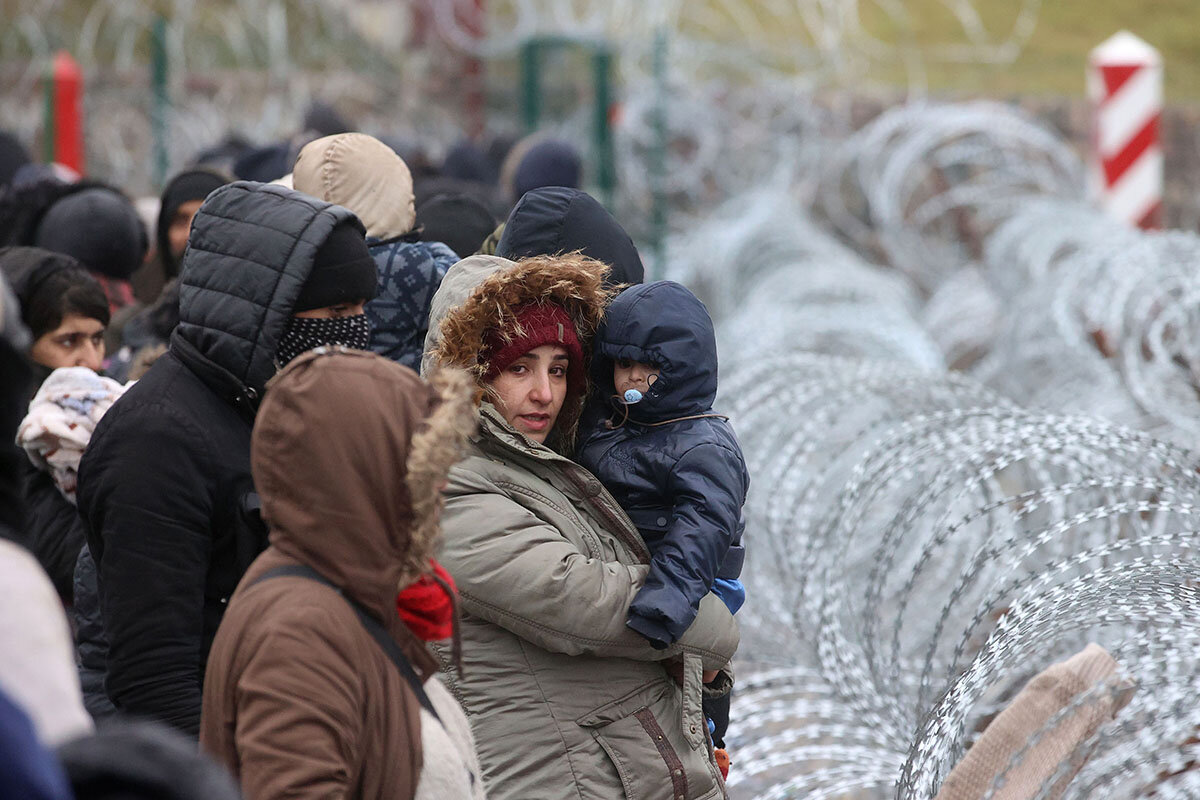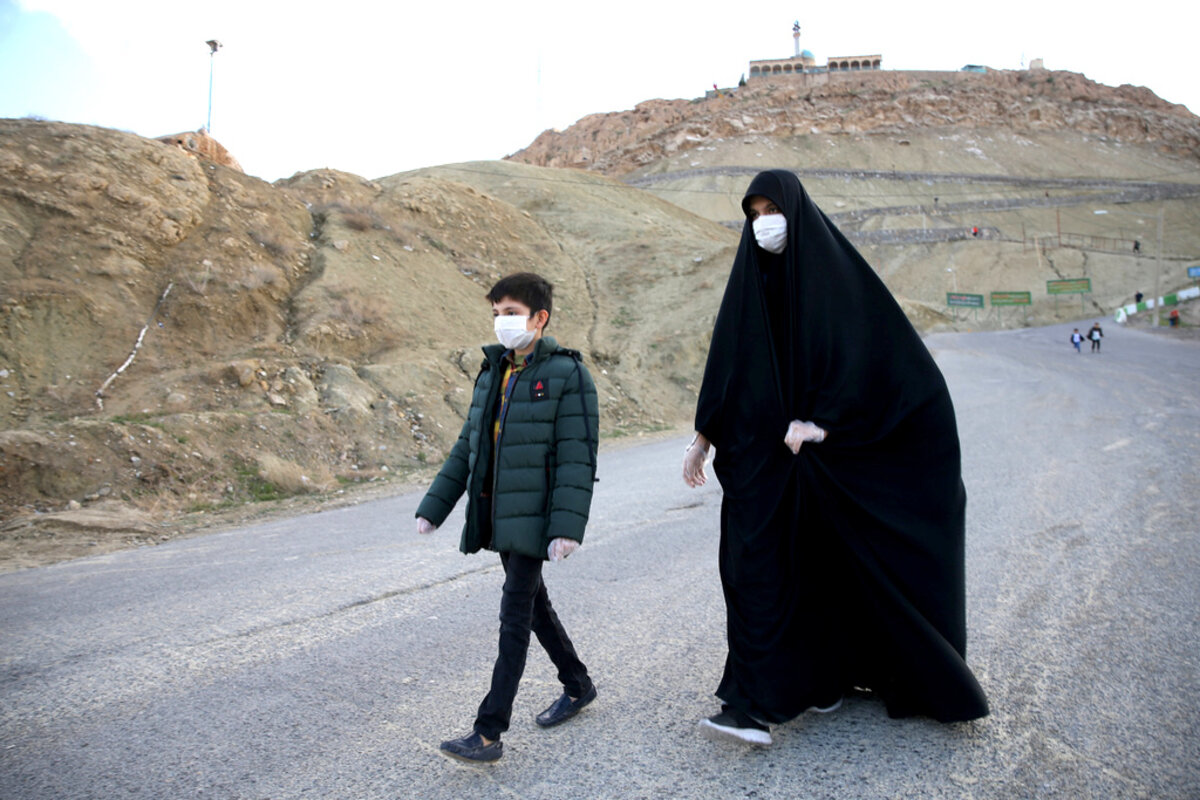Face-to-face diplomacy still matters – even virtually. The meeting between Joe Biden and Xi Jinping didn’t resolve major disputes, but it could prevent the world’s most consequential relationship from going off the rails.
Monitor Daily Podcast
- Follow us:
- Apple Podcasts
- Spotify
- RSS Feed
- Download
 April Austin
April Austin
Jerry Craft writes books with Black characters that reflect his experience growing up. Like many writers of color, he didn’t see himself in the books he read as a young person. And so he avoided reading. As an adult, with sons of his own, he saw an opportunity to write about “the side of African American life that isn’t steeped in misery,” he has said.
“Most of the books I saw really were about struggle … being enslaved, gangs, the civil rights struggle,” he told the Houston Chronicle. “I wanted to [write] African American characters that sometimes the hardest [decision] during the day is ‘Do you want chocolate ice cream, or strawberry?’”
His 2020 Newbery Medal-winning graphic novel, “New Kid,” introduces Jordan Banks, a Black middle schooler whose parents make him attend a mostly white private school. In his acceptance speech, Mr. Craft says what’s meant the most is “teachers ... shar[ing] stories of kids who had never enjoyed reading a book before. [They] told me about their students of color who have broken down and sobbed because they have never seen themselves in a book.”
“New Kid” is on a list of 850 books that Texas state Rep. Matt Krause, a Republican running for attorney general, wants to exclude from school libraries. The list includes a high proportion of authors of color and LGBTQ writers.
“New Kid” has been challenged in Texas schools before, most recently in Katy, where a group of parents said it promoted critical race theory. After a committee review, the book was returned to school shelves. The controversy has strengthened sales of Mr. Craft’s books. As he explained at a virtual event hosted by the Harris County Public Library, “So many places have sold so many copies because now people want to see what all the hubbub is.”










